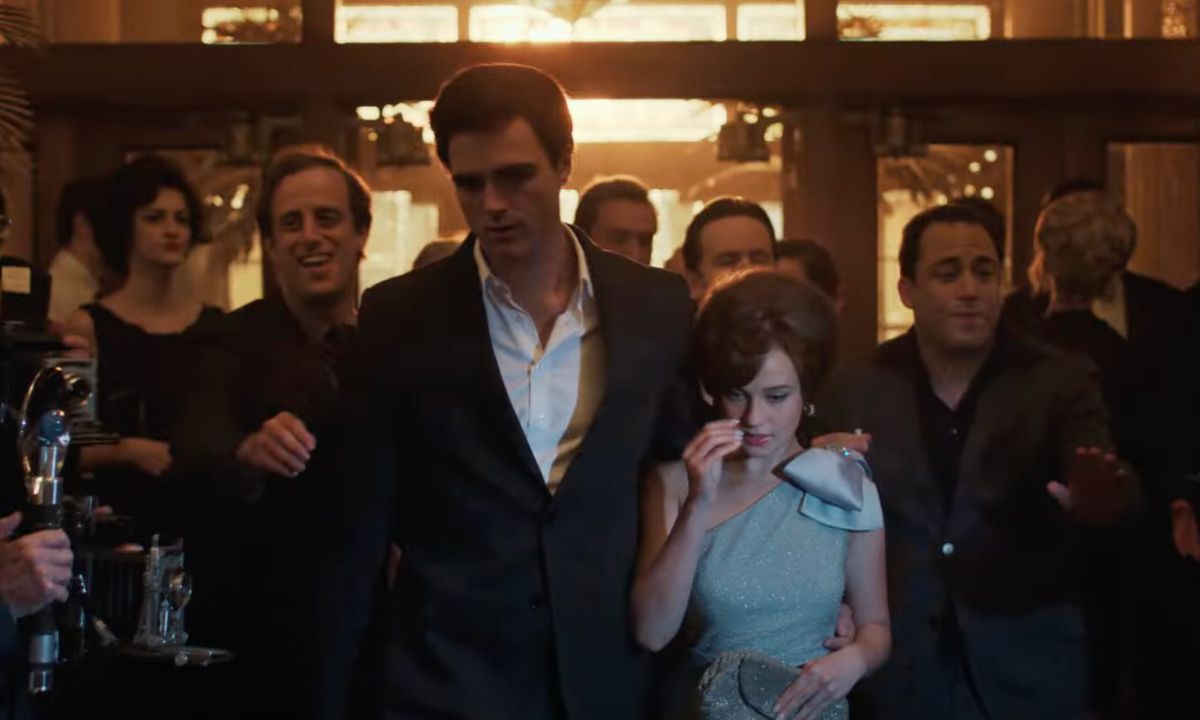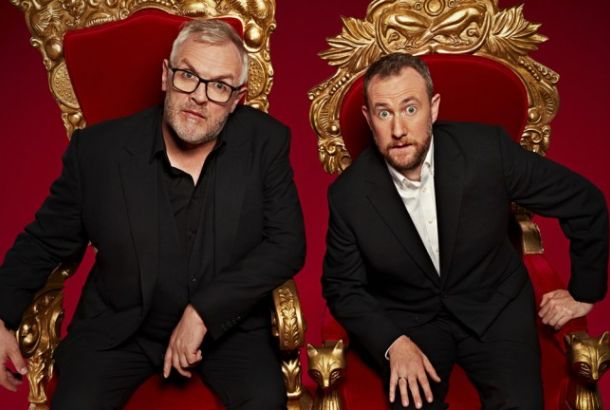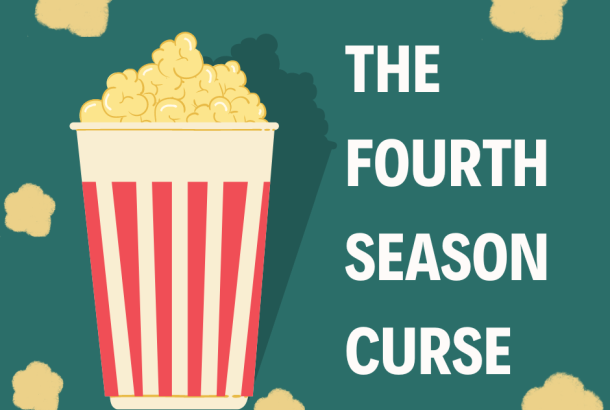Priscilla review: Coppola gives voice to the voiceless

A young girl transfixed by the original bad boy of Rock ‘n’ Roll is the story of Sofia Coppola’s new film Priscilla. Coppola presents a retelling of Priscilla Presley’s life, based on Priscilla’s own memoir, Elvis and Me.
The film begins with Priscilla getting asked to meet the charismatic rock-star, Elvis Presley. From their first encounter, Elvis gains an interest in young, naïve Priscilla, proceeding to invite her to more of his intimate gatherings. From there we get to witness their tumultuous relationship unfold, unveiling the addictive toxicity that keeps their love going.
Coppola’s muted style not only makes the film aesthetically pleasing but also perfectly represents the intricate stresses of a teenage girl’s life – Coppola’s staple. There are clear parallels with Coppola’s Marie Antoinette, both films utilise a distinct colour palette which matches the sensitivity of the story whilst also featuring young women being subjugated in a seemingly picture-perfect relationship.
Coppola steers away from the complete romanticisation of their relationship, unlike Baz Luhrmann’s Elvis. In Elvis, Priscilla is barely featured in the film, fabricating a perfect love story. Coppola takes a nuanced approach, displaying the intense love between them, whilst also depicting the drastic power imbalance that entraps Priscilla.
Cailee Spaeny is the driving force of the film, with her stellar performance providing the film with pathos. She portrays Priscilla as a child in grown-up clothing who’s constantly trying to impress Elvis, even into her adult years. She embodies Priscilla Presley not only in her physicality and youthful appearance but also in her timid movements and the moments where one look exhibits a myriad of emotions. Spaeny’s acting really peaks when Elvis kicks Priscilla out, with her transforming from a caricature of a mature woman to a scared little girl being forced to grow up.
The depiction of Elvis himself, played by Jacob Elordi, lets the audience peek behind the curtain of this façade of Elvis the rockstar. Interestingly, we don’t get to see much of the Elvis we’re all familiar with, with Elordi’s deep mumbling voice and pretentious love of philosophy letting us see a different side to him. Coppola cleverly makes the film less about Elvis being a manipulative monster, but more so about the story of a girl falling victim to an older man, giving a voice to the previously voiceless.
Nonetheless, we watch Priscilla transform into her own individual and emancipate herself from being a lingering presence in the shadow of Elvis the ‘King’. Coppola’s focus on Priscilla and Elvis Presley as humans instead of Hollywood personas makes us gain insight into Priscilla as an actual person, instead of just being known as Elvis’ wife. Although Priscilla is a film best described by its simplicity, it’s an addition to Coppola’s filmography that should be credited for its empathic essence that’s prevalent throughout.
4/5
Priscilla is available to watch now on MUBI or Prime Video.







